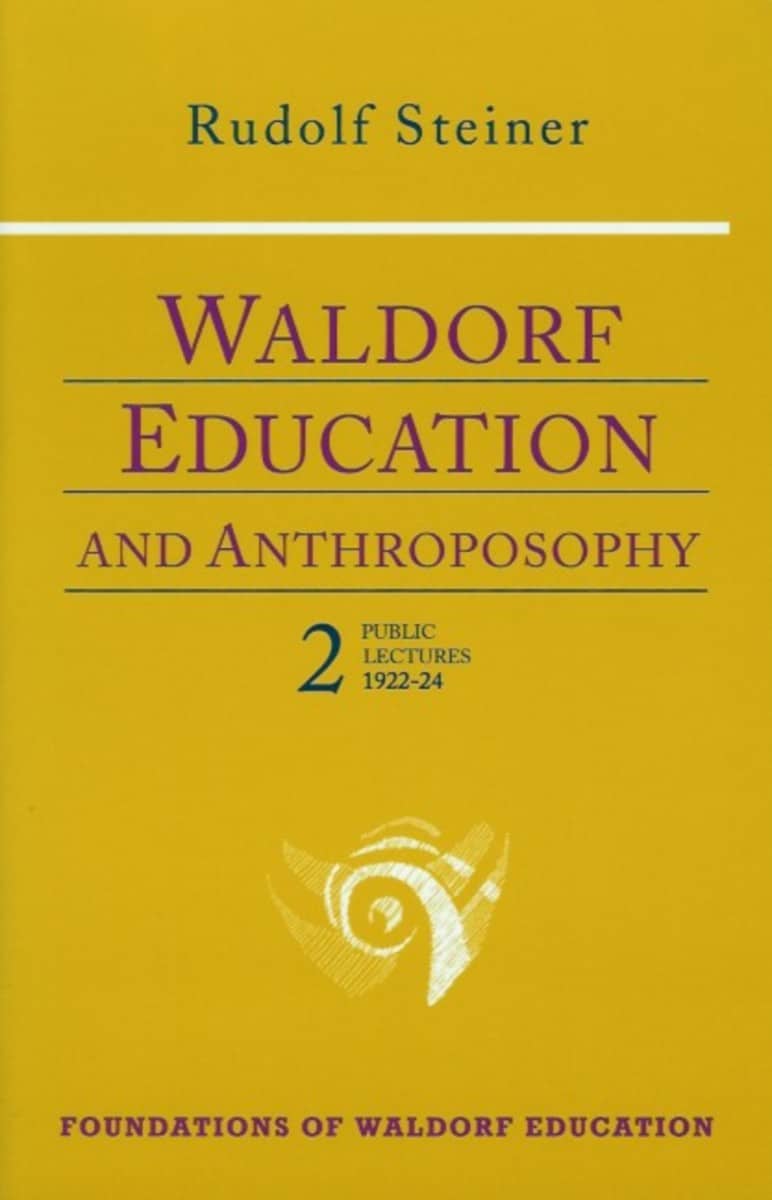Waldorf Education and Anthroposophy (Vol. 2)
12 lectures, various cities, November 19, 1922-August 30, 1924 (CW 218)
The Waldorf school movement was gaining increasing recognition by the time these public lectures on Waldorf education took place. In this collection, as in the previous volume, Rudolf Steiner is outspoken about the spiritual nature of human beings and the world—including the spiritual nature of Waldorf education.
Topics include:
Education and teaching
The art of teaching and understanding the human being;
Education and art
Education and the moral life
Eurythmy performance
Why education is based on Anthroposophy
Waldorf pedagogy
Anthroposophy and education
Moral and physical Education
and more.
Original German source: Geistige Zusammenhänge in der Gestaltung des Menschlichen Organismus (GA 218).
About the Author
Rudolf Steiner (1861–1925) was born in the small village of Kraljevec, Austro-Hungarian Empire (now in Croatia), where he grew up (see right). As a young man, he lived in Weimar and Berlin, where he became a well-published scientific, literary, and philosophical scholar, known especially for his work with Goethe’s scientific writings. At the beginning of the twentieth century, he began to develop his early philosophical principles into an approach to systematic research into psychological and spiritual phenomena. Formally beginning his spiritual teaching career under the auspices of the Theosophical Society, Steiner came to use the term Anthroposophy (and spiritual science) for his philosophy, spiritual research, and findings. The influence of Steiner’s multifaceted genius has led to innovative and holistic approaches in medicine, various therapies, philosophy, religious renewal, Waldorf education, education for special needs, threefold economics, biodynamic agriculture, Goethean science, architecture, and the arts of drama, speech, and eurythmy. In 1924, Rudolf Steiner founded the General Anthroposophical Society, which today has branches throughout the world. He died in Dornach, Switzerland.
René M. Querido, LLD, was a seminal figure in Waldorf education for a half century. He was educated in Holland, Belgium, France, and England and studied mathematics and physics at London University. Mr. Querido lectured throughout the world on historical and educational topics and was director of Rudolf Steiner College (Fair Oaks, California). He was also Secretary of the Anthroposophical Society in America.
Robert F. Lathe has translated several books by Rudolf Steiner on Anthroposophy and Waldorf education












Reviews
There are no reviews yet